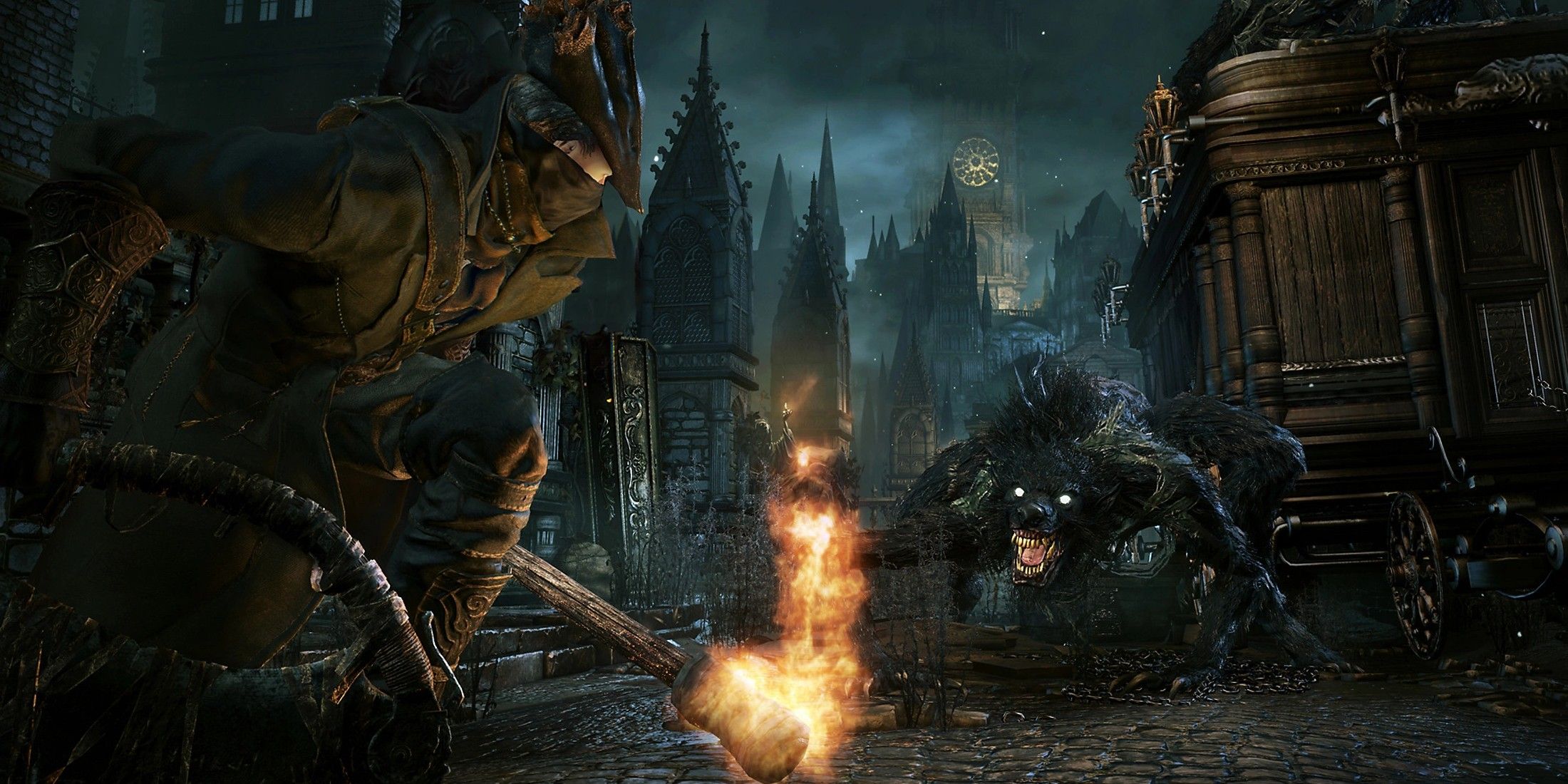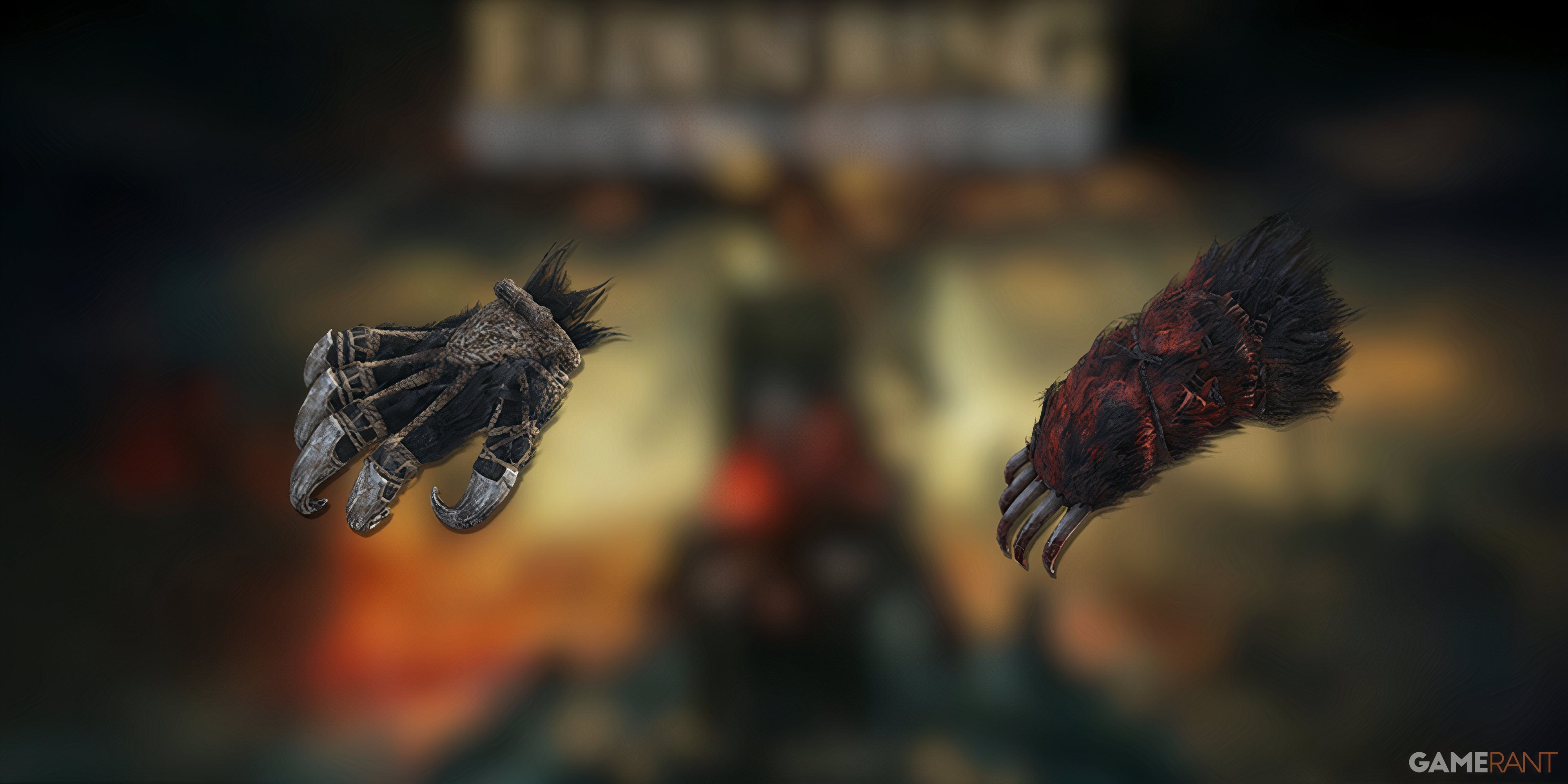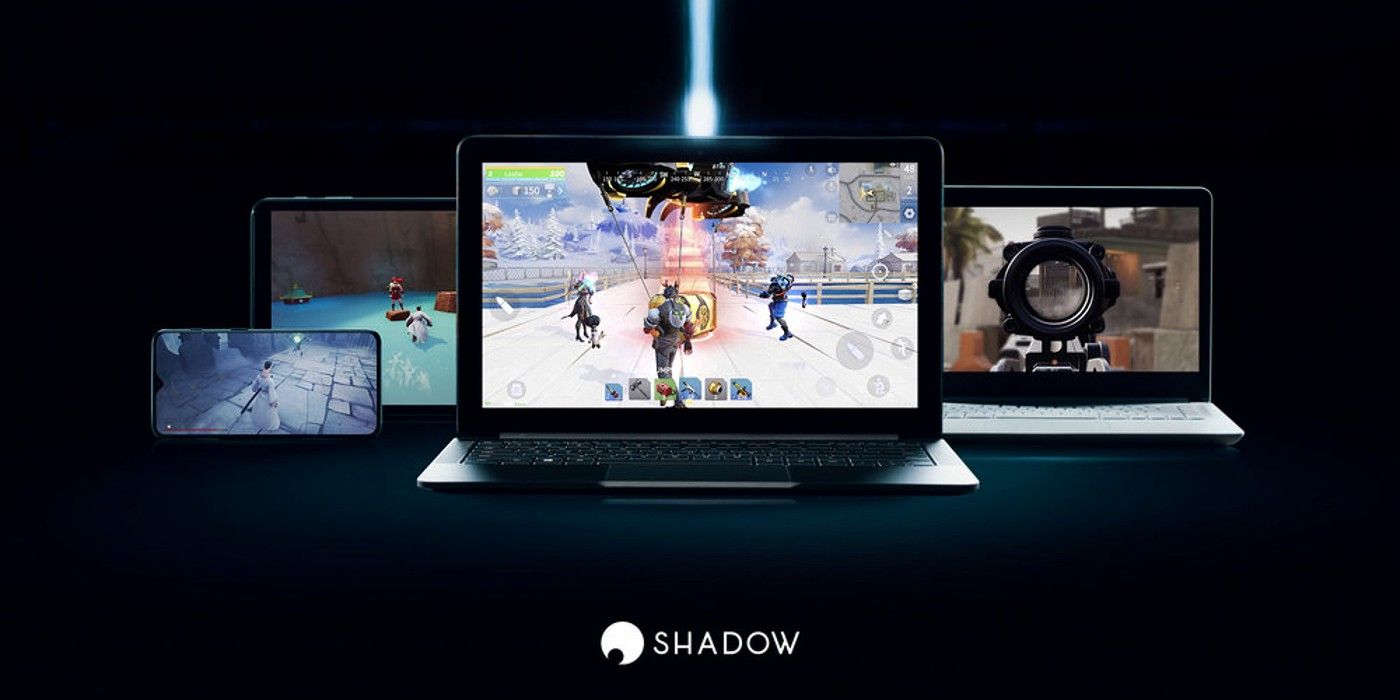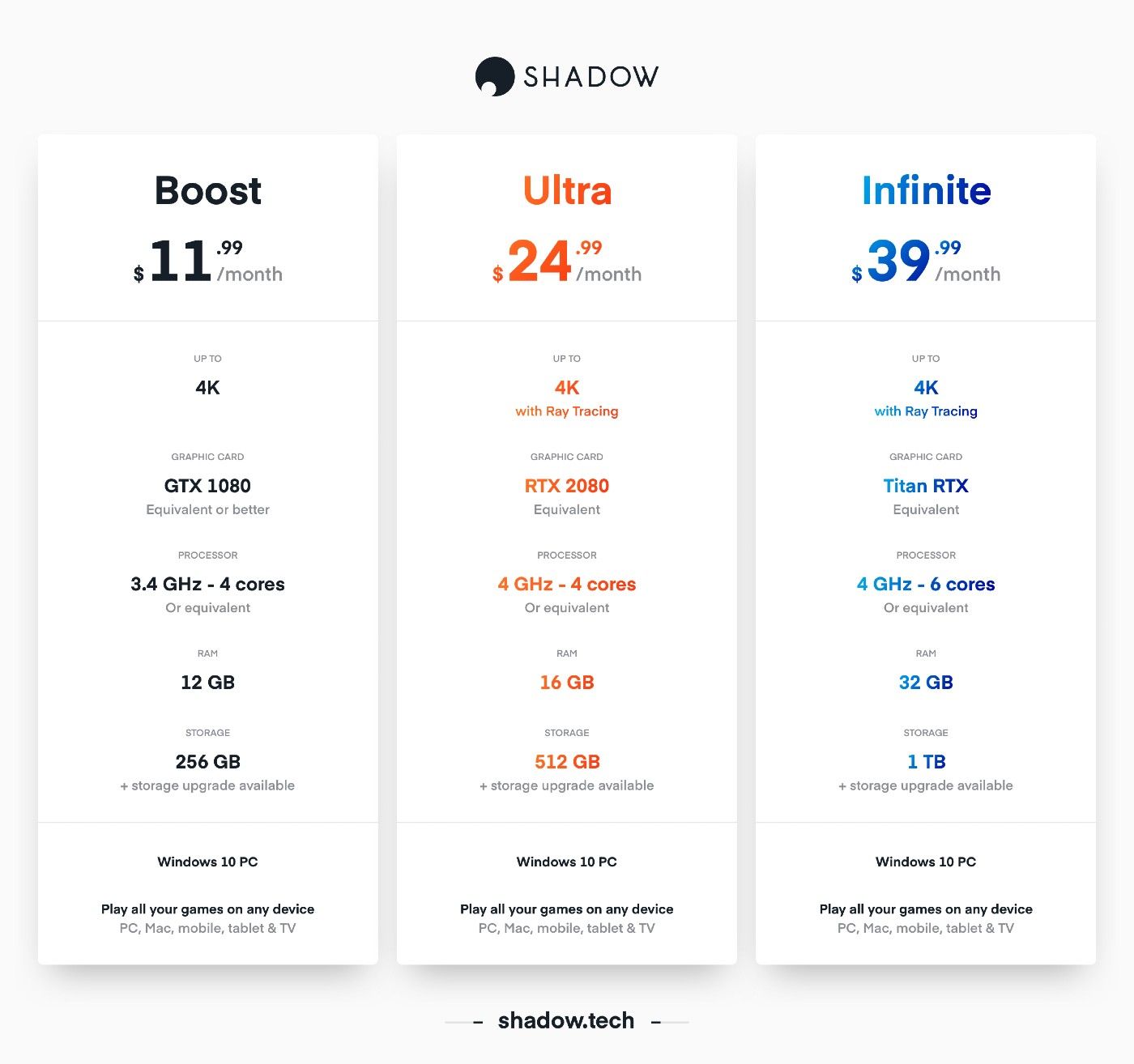Cloud-based game streaming is only becoming more and more popular as time passes. 2020 alone has seen major players like Nvidia GeForce Now, Xbox Game Pass’ Project xCloud, and Amazon Luna joining more established services like PS Now and Google Stadia in allowing gamers to access AAA-quality games on any device. Amid this growing competition, fellow steaming service Shadow has announced that it will soon be adding new options to provide subscribers with a next-gen gaming experience wherever they go.
As the “first supercharged gaming PC in the cloud,” Shadow does things a little differently from most services. Rather than grant access to a platform of streamable games, a Shadow subscription provides access to a dedicated high-end Windows 10 PC. This means subscribers can download any PC game that runs on Windows 10 to their remote rig and stream it from anywhere. This has the added benefit of avoiding the licensing issues that led to multiple publishers pulling their games from GeForce Now, since the games here aren’t actually being hosted on another service.
Today, Shadow announced that it will begin to roll out two new “next-generation offers” in the US, known as Shadow Ultra and Shadow Infinite. These are new options that will provide access to higher-end PC hardware than Shadow’s $11.99 per month base service, which has been rebranded as Shadow Boost.
For $24.99 a month, Shadow Ultra will enable users to stream games in 4K and up to 144 FPS in Full HD, complete with ray tracing compatibility. This will come courtesy of a rig powered by a GeForce RTX 2080 graphics card and a 4 GHz, 4 core processor that includes 16GB of RAM and 512GB of storage. Meanwhile, Shadow Infinite will, for $39.99 a month, provide access to a PC with a Titan RTX graphics card, a 4 GHz, 6 core processor, 32GB of RAM, and 1TB of storage.
While paying up to $40 a month might seem rather steep compared to other streaming services, it’s worth noting that it would cost thousands of dollars to get one’s hands on similar-grade PCs normally. The Titan RTX alone costs $2,500, so all things considered, this might be one of the more affordable ways for the average gamer to access ultra high-end PC gaming (provided they have good internet, of course). Shadow seems to think so, as it says its new offerings have the potential to “forever change the trajectory of gaming as we know it.”
It will take some time before that can happen, though. The current plan is to launch Shadow Ultra and Shadow Infinite in stages to existing users, with the first set to arrive in the Chicago region (home to Shadow’s main data center) at the end of November before expanding to other data center regions in Texas, California, and New York in the coming months.
Source: Shadow





